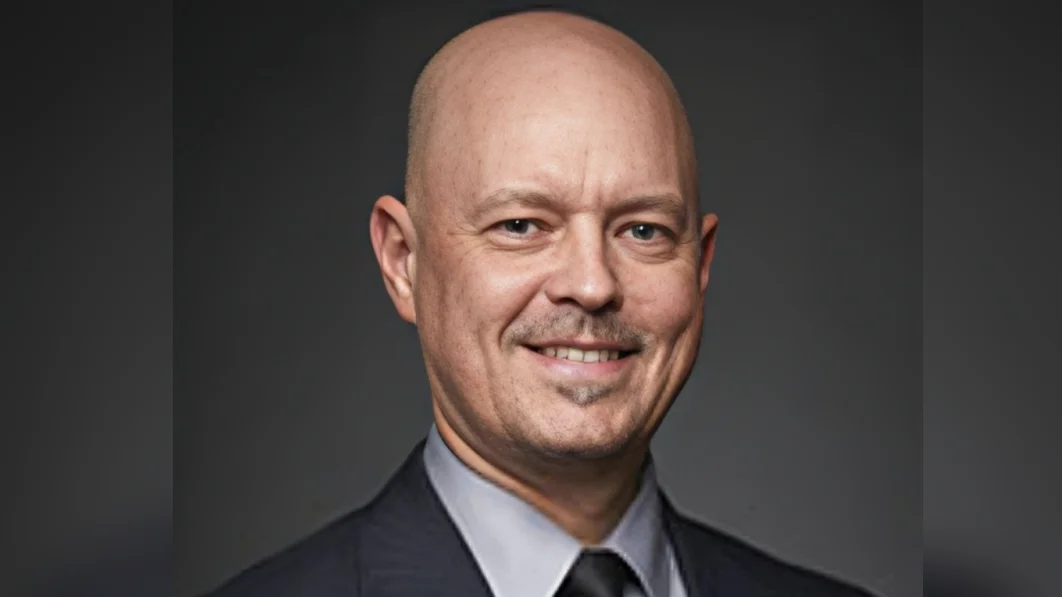Students and faculty at Truckee Meadows Community College (TMCC) are exploring the potential of music to alleviate math anxiety. Math Professors Blisin Hestiyas and Rebecca Porter are leading research that examines how music might aid students in managing stress associated with challenging math assignments.
Porter, who has a background in studying the connection between math and music, initiated this project following her sabbatical research. She explained, “My sabbatical was titled ‘The amazing connection between math and music, and how music can be used to help our students excel in math.’ Blisin and I have always been part of the FREE Committee, and we have done many different projects, but this time, the theme was care. And so, I thought, how can we use math to help students with their self-care?”
Hestiyas and Porter offered extra credit to students in Math 124 and Math 126 classes for participating in a study based on the Mozart Effect—a theory suggesting improved spatial reasoning after listening to Mozart's sonata for two pianos. Students engaged with musical pieces while completing math tasks, measuring heart rates before and after listening.
“First, to make it easy, we gave them the world music. So all they had to do was play it while doing math. And then we told them how to find their BPM,” Hestiyas said.
Porter noted varied student reactions: “I think some of the students really did not like the songs that we picked. That would possibly cause their heart rate to go up, and then what fascinated me was the favorite songs. It didn't matter what the tempo was. If they loved the song, it affected their heart rate. They calmed down.”
Despite limited data with some outliers, preliminary findings suggest benefits from listening to preferred music during study sessions. Porter advised: “We want to suggest to students when they're studying at home and they're getting frustrated, maybe stop and listen to some music.”
Future research aims for broader participation from instructors and potential community collaboration. Hestiyas expressed ambitions for expansion: “The data is very limited, so our goal is to expand this to collect more data... With these new AI models, we’d like to predict change using an AI model.”
For further details on this initiative, contact TMCC's Math Department.


